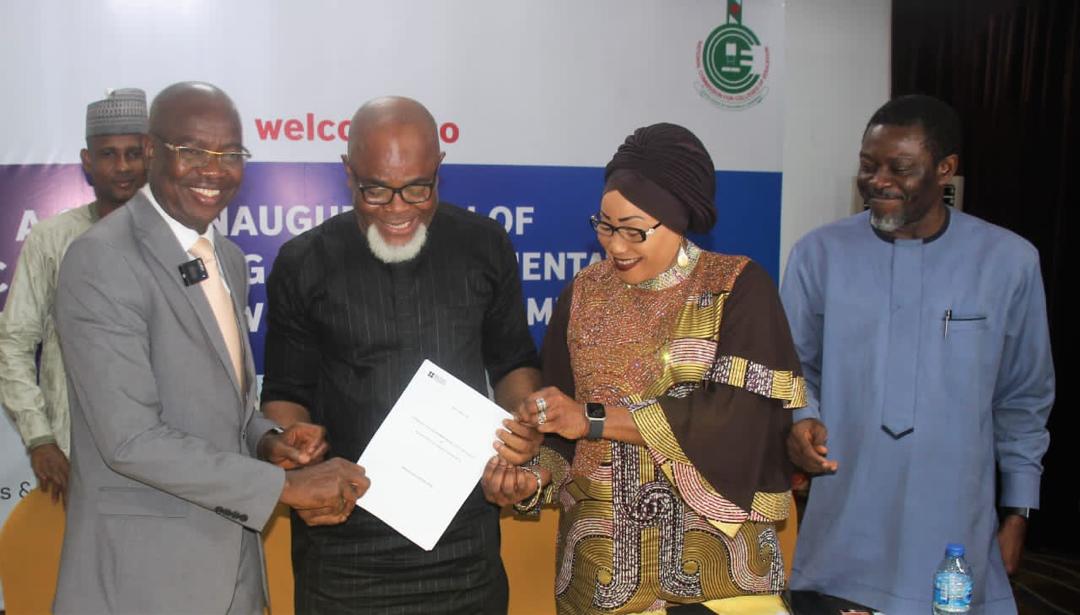The National Commission for Colleges of Education (NCCE), on Wednesday, signed a memorandum of understanding (MoU), with the British Council in Nigeria.
The MoU, which is aimed at deepening the English proficiency and digital literacy of teachers, was signed at the inauguration of the technical working group and orientation workshop for the review of the NCCE minimum standard.
Speaking at the event, Tahir Mamman, minister of education, who was represented by Uchenna Uba, director at the department of colleges of education in the ministry, commended NCCE and the British Council for their commitment to developing a policy framework to enhance the quality of education in Nigeria at the basic level.
The minister said Nigeria’s rich linguistic and cultural diversity presents unique challenges and opportunities in language teaching and digital empowerment.
Advertisement
Paulinus Okwelle, executive secretary of NCCE, said education is a potent tool for national development and at the centre of every educational process is the teacher.
He said NCCE is committed to strengthening and developing a robust policy programme for teachers at the basic level, and will continue to develop policies geared towards ensuring quality and specialised teacher preparation.
He assured the British Council of NCCE’s commitment to fine-tuning the teacher educator’s basic minimum framework to align with global best practices.
Advertisement
“We will work in synergy with the British Council to introduce innovative language and digital literacy skills for 21st-century teaching and classroom instruction,” he said.
Ugo Lawrence, director of planning research and statistics at the Teachers Registration Council of Nigeria (TRCN), said the MoU will strengthen English proficiency in teachers and teacher educators.
The event drew stakeholders from the ministry of education, Nigerian Educational Research and Development Council (NERDC), National Information Technology Development Agency ( NITDA), and TRCN.
Advertisement
Add a comment






